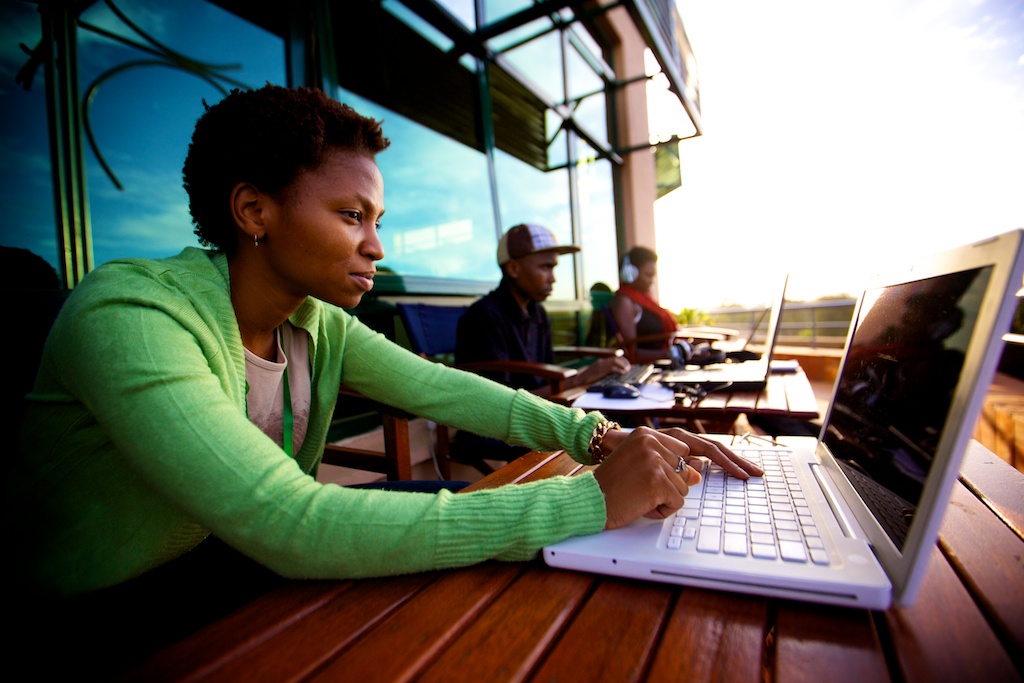Kazakhstan’s geopolitical position between Russia and China shapes its restrictive civic environment, where repressive tactics from its neighbours are often mirrored domestically. Despite constitutional guarantees and ratification of international human rights treaties, authorities continue to violate freedoms of assembly, expression, and association, most notably during the January 2022 protests, when over 10,000 were detained and 238 killed. Ongoing repression includes arrests of environmental and anti-nuclear activists and restrictive laws on peaceful assembly. While reforms such as the Concept for Civil Society Development (2020–2030) and faster CSO registration show progress, other measures—like the publication of a register of foreign-funded organisations and debates on a “foreign agents” law—threaten to stigmatise civil actors.
Although state funding for CSOs has grown, it mainly supports social projects, excluding human rights initiatives. The USAID funding freeze has further undermined financial sustainability. Dialogue mechanisms like the Public Councils, Civic Forums and National Kurultai exist, but public participation often lacks real influence. Marginalised groups, including women and people with disabilities, have gained some representation, yet advocacy for LGBTQI rights remains suppressed. The 2024 Mass Media Law has increased state control over journalism. Overall, civil society faces tightening state pressure, limited freedoms, and shrinking international support, despite pockets of progress.

